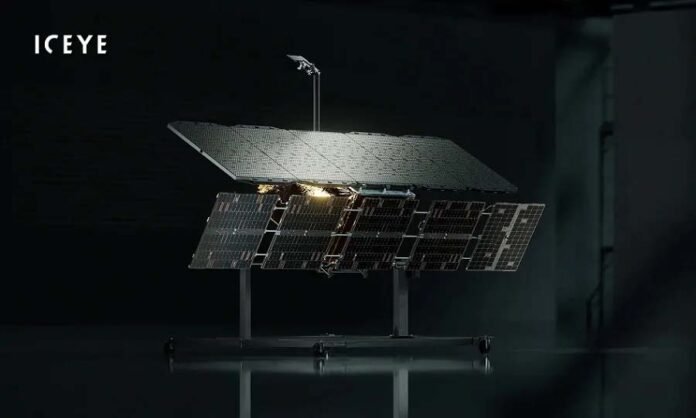Paris: Finland’s ICEYE has a “very big role to play” in giving Europe sovereign access to satellite intelligence, without having to rely on the United States, the company’s Vice President for Missions Joost Elstak said.
European interest in ICEYE rose after Russia invaded Ukraine in 2022. But it was the US halting intelligence sharing with Ukraine in March 2025 that really underscored the need for sovereign access to space-based intel.
“The key thing it proved is that you need independent capabilities, and you need a strong alliance,” he said. “You can’t rely on just one node, whoever that node may be.”
Space-based intelligence, surveillance and reconnaissance, or ISR, was seen as the toughest area for Europe to achieve self-sufficiency, according to a survey in February. Most of the surveyed defence experts estimated Europe would need five to 10 years to build sufficient capacity to no longer rely on US space intel.
Since then, and following the US data-sharing pause, ICEYE has signed contracts with the armed forces of Poland, Portugal, the Netherlands and Finland. All four will have their own deployed capabilities within the next 12 months, with multiple satellites in orbit before 2028, Elstak said.
As ICEYE adds military customers and becomes more integrated into Europe’s defence-information flows, “we’re becoming more and more of a defence-intelligence company,” Elstak said.




